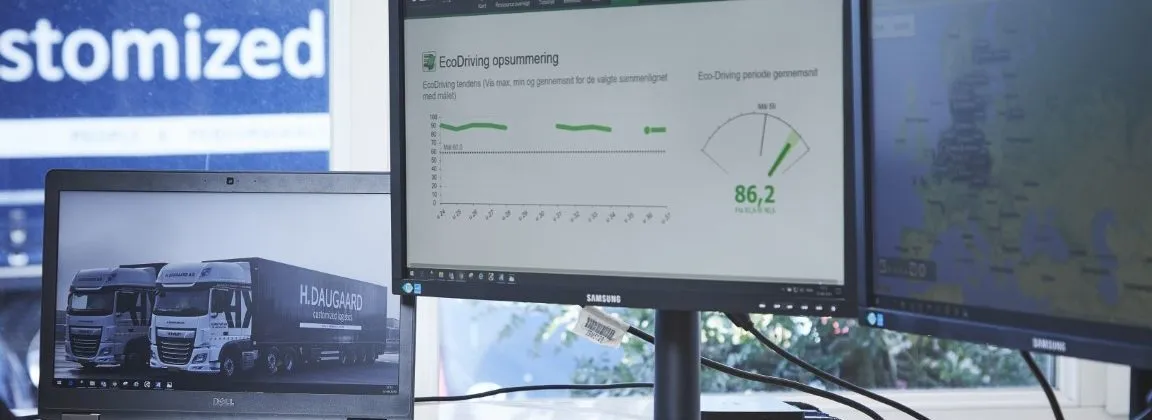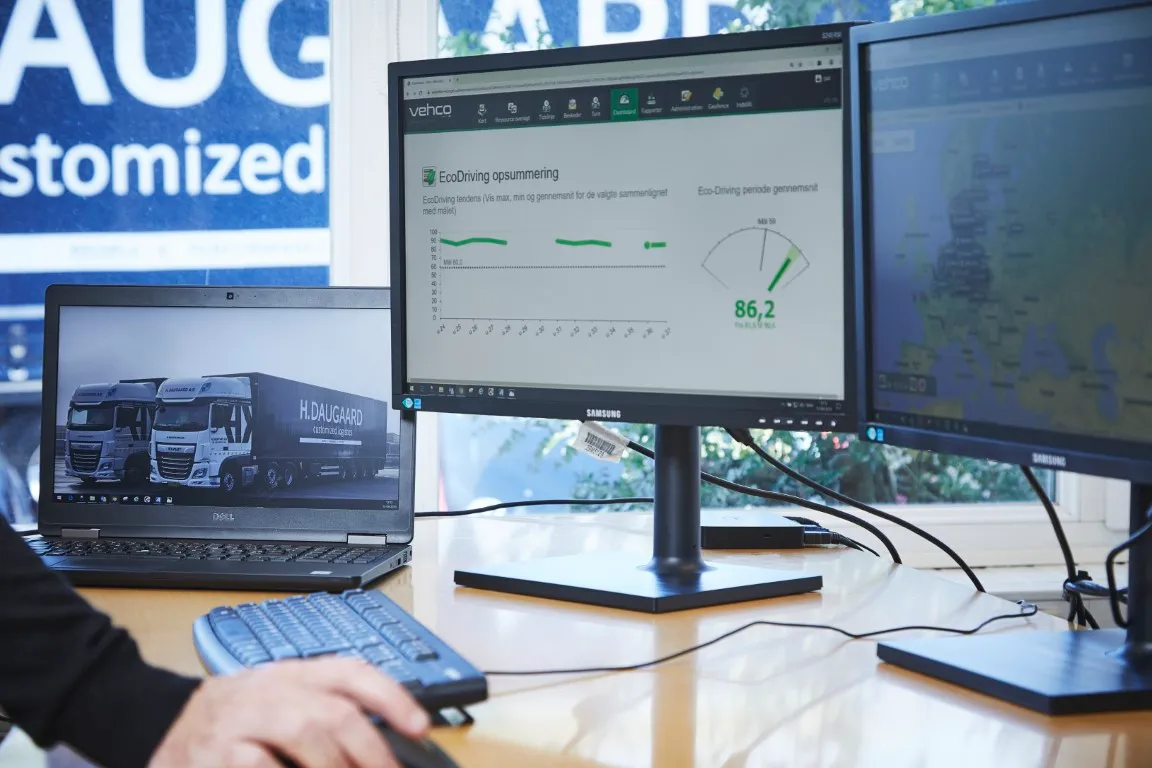Do you understand the new sustainability reporting requirements?
On July 31, 2023, the European Commission adopted a set of sustainability reporting standards, also known as ESRS. All companies covered by the Reporting Directive (CSRD) are required to use these standards, and for some companies the reporting requirement will come into effect as early as 2024. So what is ESRS, what does it mean for you as a company and how do you best get started with implementation? You can read more about it here.

All European companies with more than 500 employees must start reporting in accordance with the latest standards from the European Commission, the so-called ESRS standards (European Sustainability Reporting Standards) by 2024.
From 2025, the requirement will come into force for companies with more than 250 employees, but it is expected to affect virtually all companies in the coming years. It's no longer enough to report your own data, but also data from your subcontractors - the so-called scope 3. This can be a decisive factor in who customers choose to buy their goods and services from.
As a supplier, it's crucial to get started with reporting as soon as possible. Being ahead of the game puts you in a great position and makes it easier for customers to choose you over your competitors. But let's start with the basics: Why is it even necessary?

Why do you need to report?
So what is the purpose of these new standards and why is it important to get started?
There are several good answers to this, which we'll dive into here. But first, let's take a look at what the purpose of ESRS is and why it was created.
Since the UN's 17 Sustainable Development Goals were presented in 2016, many companies have been working towards a more sustainable business model that could live up to the goals and ambitions that came with them. Unfortunately, in the process, some companies have embellished their positive impacts and swept the rest under the carpet; the phenomenon we know as greenwashing, which - unfortunately - often happens due to ignorance and unclear frameworks.
CSRD (Corporate Sustainability Reporting Directive) and ESRS (European Sustainability Reporting Standards) will help set clear rules and standards for how efforts should be documented and reported. This will help ensure comparability across companies and industries so that sustainability information is as uniform and transparent as possible when applying for funding, for example.
As I said, there are many benefits to getting started now, whether you're a large or small business and whether you're covered by the requirements. First and foremost, of course, it's about staying ahead of the legislation so you're ready if (or when) the requirements are imposed on you.
What benefits does it bring you?
In addition, there can be a number of business benefits to starting reporting and implementing eco-friendly initiatives:
- Strengthen your brand.
- Make you more competitive.
- Meeting increasing demands and expectations from customers, investors, etc.
- Increases the likelihood of loans and investments from banks, as per the requirement for financial institutions to report on the extent of loans and investments in particularly environmentally damaging industries.
As a supplier, your ESG initiatives, according to these new standards, have an impact on your customers' ESRS standards. This means that the better you can document your own initiatives, the easier it is for customers to see how their own reporting is affected. So being transparent in your ESG reporting can increase the likelihood that customers will choose you. That's why it makes perfect sense to get started now.
Much of this is now 'old news' and probably something you've already done or are actively working on now. The only difference is that there are now formal requirements for documenting and reporting these initiatives - and that's where it can feel overwhelming and cumbersome for many.
If you are interested in seeing H. Daugaard's climate goals, you can view them here.


.svg)